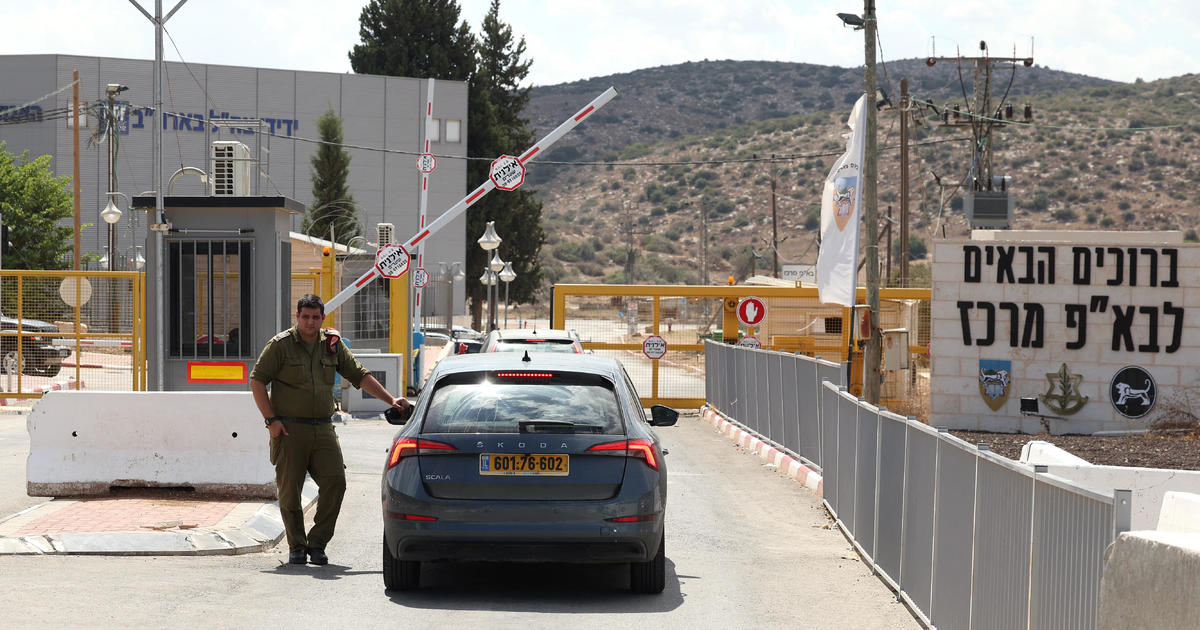Israel’s recent arrest of a seven-person spy network operating on behalf of Iranian intelligence highlights a significant escalation in the ongoing conflict between the two nations. The network, comprised of Israeli citizens, engaged in extensive reconnaissance missions targeting critical Israeli infrastructure and military bases, providing valuable intelligence to Iranian operatives. This revelation underscores the sophisticated and pervasive nature of Iranian espionage activities aimed at undermining Israel’s national security, raising serious concerns about the potential for future attacks and the vulnerability of even seemingly secure locations. The depth and breadth of the information gathered by the network, spanning from air force and navy installations to the strategically crucial Iron Dome defense system and power plants, paints a stark picture of Iran’s determined efforts to destabilize Israel. The successful dismantling of this network, while a significant victory for Israeli intelligence agencies, underscores the ongoing threat and necessity for continuous vigilance against Iranian espionage activities.
The Spy Network’s Operations and Targets
Reconnaissance and Data Collection
The Israeli police statement detailed a meticulous two-year operation orchestrated by the spy network. Directed by two Iranian agents codenamed “Alkhan” and “Orkhan,” the network undertook extensive reconnaissance missions across Israel. These missions focused primarily on collecting photographic and video evidence of strategically sensitive locations. This included key military installations such as air force and navy bases, Iron Dome defense system locations, and critical energy infrastructure, most notably the Hadera power plant. The meticulous nature of the intelligence gathering indicates a long-term strategic plan to identify vulnerabilities within Israel’s national security apparatus. The network’s thorough approach emphasizes the potential for significant damage that could have been inflicted had their activities continued unchecked. The scale of this operation serves as a grim reminder of the complex and ever-evolving nature of modern espionage.
Compensation and Methodology
The network received substantial financial compensation for their services, with payments often transacted via cryptocurrency. This method of payment reflects the increasing use of digital currencies in clandestine operations, showcasing a deliberate effort to obscure financial transactions and evade detection. The financial incentive likely played a critical role in recruiting and motivating the network members, indicating that money could potentially be used to manipulate individuals and exploit vulnerabilities within Israeli society. The sophistication of the payment method underscores the advanced level of planning and execution behind Iran’s intelligence efforts, suggesting a highly organized and well-funded operation. Understanding the financial mechanics involved provides critical insights into dismantling future espionage networks.
The Implications for Israeli National Security
Security Breaches and Potential Damage
The information gathered by the network represented a serious compromise to Israeli national security. The detailed imagery and documentation of military bases and infrastructure could potentially have been used to plan future attacks, offering Iran precise targeting information. The potential damage is amplified given the importance of sites such as the Hadera power plant, disruption to which could cripple Israel’s national energy grid. The accessibility of the data potentially included the sensitive locations of defensive systems like the Iron Dome. Access to such information might lead to a recalibration of the defense system, placing Israel at greater vulnerability. Such intelligence could prove critical in determining ideal approaches and potential blind spots of Israel’s strategic military positions.
Broader Implications of Iranian Espionage
The exposure of this spy ring highlights the ongoing, multifaceted threat posed by Iranian intelligence operations. The scale and sophistication of the network suggests a coordinated effort to undermine Israel’s security and destabilize the region. This arrest demonstrates Iran’s aggressive pursuit of strategic advantage, potentially affecting numerous levels of Israel’s infrastructure, which would be potentially detrimental in both domestic and foreign policy. It serves as a wake-up call regarding Iran’s enduring and pervasive espionage operations, prompting critical assessments of Israel’s intelligence and counter-intelligence mechanisms. The arrest also casts light on the continuous struggle between the two countries as this is an example of the lengths which states will go to gather intelligence and maintain security.
Countermeasures and Future Implications
Enhanced Security Protocols
In the aftermath of this espionage case, Israel will likely be forced to bolster its security protocols, particularly within its critical infrastructure and military establishments. It requires not only stricter security regulations in place but also the continued expansion of security technology such as advanced surveillance technology. To counteract future similar incursions, upgrading outdated protocols will help combat such attacks and improve Israel’s intelligence gathering processes. Such enhancements need to encompass both physical security and improved digital security measures against infiltration through various channels such as cybersecurity intrusions, online reconnaissance, etc.
International Cooperation and Diplomatic Pressure
This case could strengthen Israel’s case for increased international cooperation in countering Iranian state-sponsored terrorism. It could also escalate diplomatic pressure on Iran, leading to a more coordinated effort to neutralize Iranian aggression within the region and expose the extent of Iran’s dangerous activities. This increased effort requires multinational support and coordination from various intelligence agencies globally and through joint partnerships which would help create a more robust approach towards neutralizing such attacks. This can only be achieved through diplomatic efforts which expose Iran’s intelligence apparatus on the global stage.
Takeaway Points:
- The arrest of a seven-person Israeli spy network operating for Iranian intelligence highlights a significant escalation in the ongoing conflict.
- The network gathered sensitive information on Israel’s military bases and critical infrastructure, posing a substantial security risk.
- The sophisticated nature of the operation, including the use of cryptocurrency for payments, underscores the advanced planning and execution capabilities of Iranian intelligence.
- The incident necessitates enhanced security protocols in Israel, strengthened international cooperation, and intensified diplomatic pressure on Iran.
- The incident also demonstrates the persistent and evolving threat posed by state-sponsored espionage activities and the constant need to protect vital assets and infrastructure.




